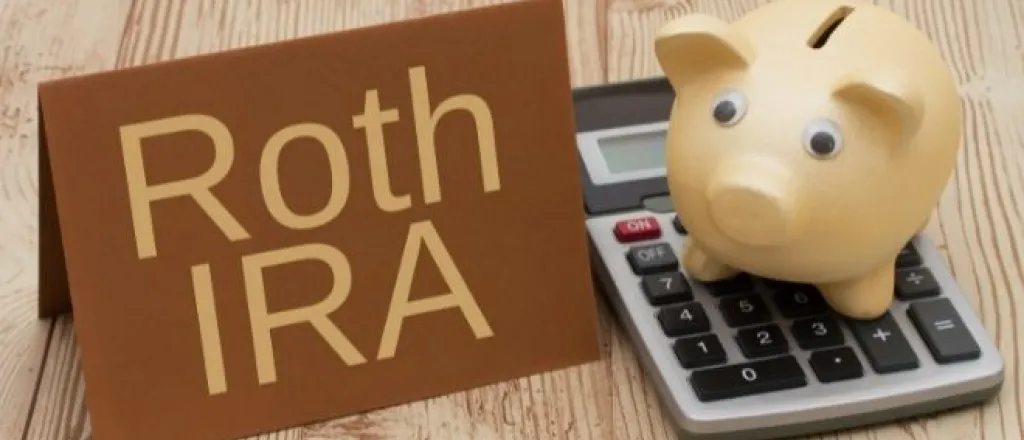
Understanding the different types of IRAs
Saving for retirement is one of the most important financial goals that we must achieve in our life. However, it can be a daunting task if you don't know how to wisely save and invest your money.
One way to help you with this goal is by opening an individual retirement account (IRA). An IRA allows you to put away pre-tax money into an account that will grow tax-free until withdrawal. This means that you don’t face taxes on any earnings when you withdraw them from the account at retirement age. With that in mind, the focus of this article is understanding the different types of IRAs.
Traditional IRA
The traditional IRA is a popular choice among individual investors because it's easy to set up and maintain. It also provides flexibility in terms of investment options and contributions. You can save until you're 70.5 years old. The great thing is that no income limit exists. In other words, you can contribute as much as you want without having to worry about paying taxes on your contributions.
Roth IRA
Appropriate for low- and middle-income workers, the Roth IRA offers another option for saving for retirement. Unlike the traditional IRA, which you fund before paying taxes, you fund the Roth IRA after paying taxes. Also, there is no 70.5-year age limit for you to withdraw the funds. However, your contribution must remain in the account for five years before you can access those funds.
Rollover IRA
This type of IRA is useful when you already have an existing 401(k). If you leave or change jobs, you can roll over your 401(k) into a new employer plan. This is great if you've been contributing to your 401(k) for a while and want to continue saving for retirement.
SEP IRA
A Simplified Employee Pension (SEP) IRA is similar to a traditional IRA. A SEP IRA is available only for the self-employed, small businesses owners, and freelancers. The difference between these two plans is that a SEP IRA has fewer restrictions than a traditional IRA.
SIMPLE IRA
Ideal for small business owners, the SIMPLE IRA is for sole proprietorships. It's like a SEP IRA but doesn't require a minimum annual revenue.
In a nutshell, understanding the different types of IRAs is critical for saving for the future. Hopefully, this information helps you understand more about IRAs and how they work.
















